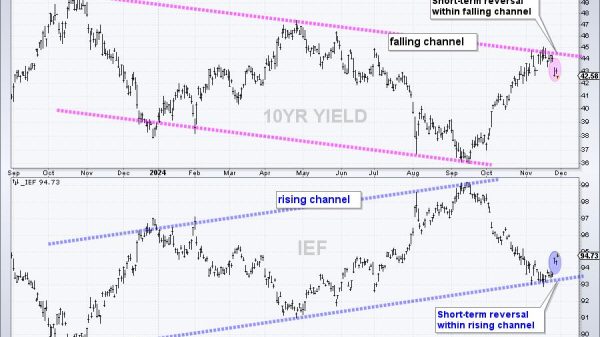It may sound obvious, but it is important to prepare your business for sale to achieve both the best price and a sale process which runs smoothly, with few surprises for either party.
Sometimes this is a process which takes many months if not years in the planning, so where do you start?
Pre-sale restructuring
Firstly, consider if there are any assets in the business that need to be extracted before the sale process begins, for example:
A property or land which could be leased back to the new business owner
Cars
Non-core /ancillary business assets
It will be necessary to obtain valuations of these items to avoid unnecessary tax charges and enforceability.
Due diligence
Consider the due diligence process and the level of scrutiny which is likely to occur when information about your business is supplied to prospective buyers. Preparing for buyer due diligence can be light touch, or might require a deep dive, and there are many factors which will affect this and how long it will take.
The transaction size and the complexity of the business structure and operations is the key factor. It is advisable to complete the pre-sale due diligence process before putting the business on the open market especially if there is likely to be competition to buy the business, so that you can run a smooth sale process. It is also advisable so any potential problems can be remedied before the sale process starts. This pre-sale due diligence process should address the following:
Tax/ financial position:
How well does the company’s earnings before interest, taxes, depreciation and amortization (EBITDA) reflect normalised EBITDA? Family-owned companies often reward shareholder executives with dividends instead of market rate salaries resulting in EBITDA which is artificially inflated.
Are assets which the business uses from related companies being charged in at market rates?
How well does operational data translate across the accounts? Does an integrated balance sheet and cash flow statement exist? Is there a 3-year forecast available to tell the future story to prospective buyers?
Have items been properly categorised as income vs capital and tax properly calculated and paid? Is a third-party audit worthwhile?
Sometimes all of the above will need to be addressed before launching the sale process to enable the management team to defend a target sale price confidently.
How robust is the target’s legal position?
Does the target have all licences it needs?
Are company books accurate and up to date?
Are employees’ terms and conditions compliant with latest legislation?
How well-documented are key customer / supplier contracts?
Are the terms on which the business occupies land properly documented?
Preparation of an online data room to assist buyer due diligence:
There are various online providers, but some are better than others e.g. automatic indexing, redacting of confidential material, monitoring levels of buyer activity in the DR, water-marking documents etc.
They are easy to use and when uploading documents, it is advisable to do so in a manner which follows the format of a typical buy-side due diligence request.
Consider who will upload documents, can this be done internally by the business to avoid professional fees, and can this be done confidentially?
Other matters
Incentivisation:
Consider if some employees need to be incentivised with bonuses to put the extra hours in to assist in the sale process and to keep matters confidential.
Do some employees deserve a share of sale proceeds for their contribution e.g. Enterprise Management Incentive options; if so, beware of leaving the grant of these too near to a subsequent sale as this can cause significant risk of PAYE and NIC issues if HMRC considers the exercise price too low.
Who are the selling shareholders?
Identify what percentage each holds and if they will sell willingly; if there is doubt do provisions of a shareholder’s agreement or the articles need to be invoked (e.g. Drag Along)? What is their financial and emotional position?
Are there likely to be any conflicts between sellers who leave the business completely and those who might continue employment with the buyer?
Who will advise the seller through the sale process?
Sometimes, not always, an intermediary is used to identify a buyer but beware of their high fees vs low added value. Sometimes a good a financial/tax adviser will be sufficient to opine on price and financial adjustments and a good legal adviser will offer advice on tactics and market norms and will co-ordinate the whole sale process and all documents to effect the sale.
Don’t just go with the first advisor who contacts you as most advisers are willing to meet for free to present their credentials.
If you would like advice or support to help you to buy or sell a business, get in touch with our team today.
Read more:
Selling a business – where to start
























